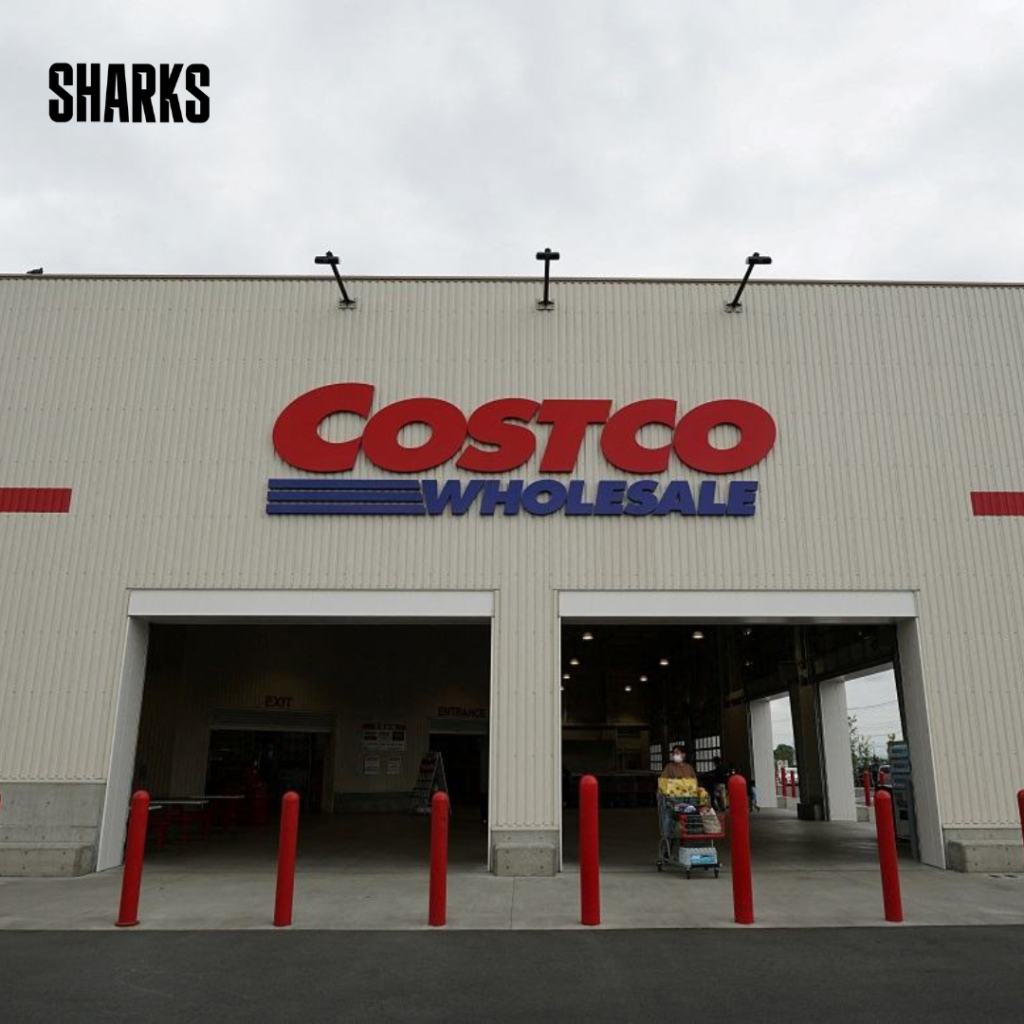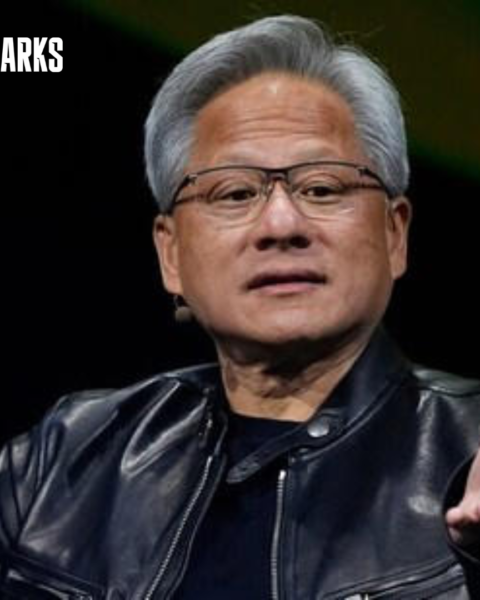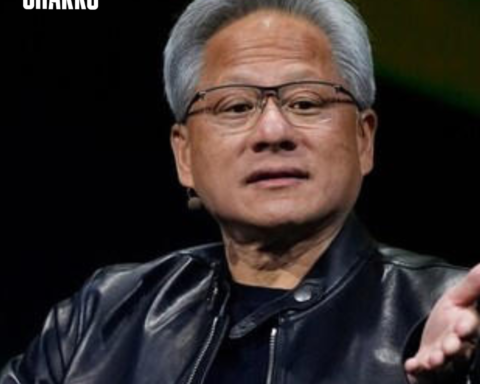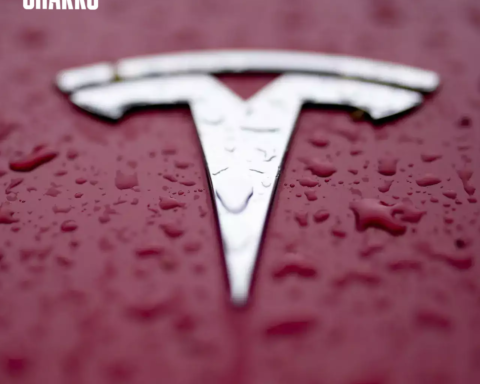Costco Entry into Rural Japan Spurs Wage Increases

When Costco Wholesale opened its warehouse in a rural Japanese town near Tokyo last year, offering hundreds of jobs at eye-popping pay, a nearby noodle shop chain took a drastic step: it hiked hourly wages by a third.
Impact on Local Businesses:
It was an almost unthinkable decision for Yamada-udon, which sells 390-yen ($2.48) bowls of noodles and for which the slightest rise in cost requires acrobatic scrambling to stay in business.
“For us, even a one- or two-yen rise in raw materials costs is tough, so to increase the hourly pay by even 10 yen is extremely challenging as we need to generate far more sales,” said marketing director Takehiro Ehashi.
Wage Adjustments and Renovations:
After a round of internal discussions, Yamada-udon renovated the Meiwa, Gunma prefecture store, offering 1,300 yen an hour for the first three months.
That was shy of Costco’s starting hourly wage of 1,500 yen but enough to entice job-seekers in the notoriously tight labor market. After three months, wages would be at 1,050 yen versus 970 yen pre-Costco.
Competitive Pressures and Economic Implications:
Pressure from big-box U.S. retailers to offer competitive salaries is tough for businesses like Yamada-udon, but some say it could be the kind of jolt that Japan’s local economies need to create a virtuous cycle of higher wages, solid consumption, and stable demand-driven inflation.
Prime Minister Fumio Kishida wants to see a meaningful and sustainable rise in wages, which the Bank of Japan says is crucial for normalizing monetary policy.
Real wages—stripping out the effect of inflation—have fallen for 25 straight months despite Japanese firms agreeing to the biggest hikes in wages in three decades in 2023 and 2024.
That has dragged down consumption and the broader economy, which depends heavily upon it, making it harder for the BOJ to execute a smooth exit from easy policy.
Wage Growth and Economic Lag:
According to IMF data, Japan lags far behind other big economies. An index for its real average annual wages showed almost no growth between 1995 and 2021. That compares with growth rates of 50% in the U.S. and nearly 30% in France during the same period.
Two years ago, Costco set its minimum hourly pay at 1,500 yen across all of its stores in Japan in a bid to retain workers. That’s high even for Tokyo, where the legal minimum wage is the country’s highest, at 1,113 yen, and 60% more than the minimum in Gunma prefecture.
Costco received over 2,000 applications for 300 spots for its Meiwa store, which opened in April 2023 and is about an hour north of Tokyo.
Contributions to the Local Economy:
“If we offer higher wages, our staff can earn and spend more,” said Costco Gunma Meiwa warehouse manager Kaoru Yamamoto. “By doing so, we feel we can make a big contribution by creating a favorable cycle in the local economy.”
Costco plans to accelerate its new-store openings in Japan, nearly doubling the number of outlets to more than 60 by 2030, many in remote regions such as Shiga and Okinawa prefectures.
Swedish furniture maker IKEA, which has set a nationwide minimum hourly wage of 1,300 yen in Japan, also opened a store in Gunma this year.
Share This
Tony Boyce is a seasoned journalist and editor at Sharks Magazine, where his expertise in business and startups journalism shines through his compelling storytelling and in-depth analysis. With 12 years of experience navigating the intricate world of entrepreneurship and business news, Tony has become a trusted voice for readers seeking insights into the latest trends, strategies, and success stories.




















